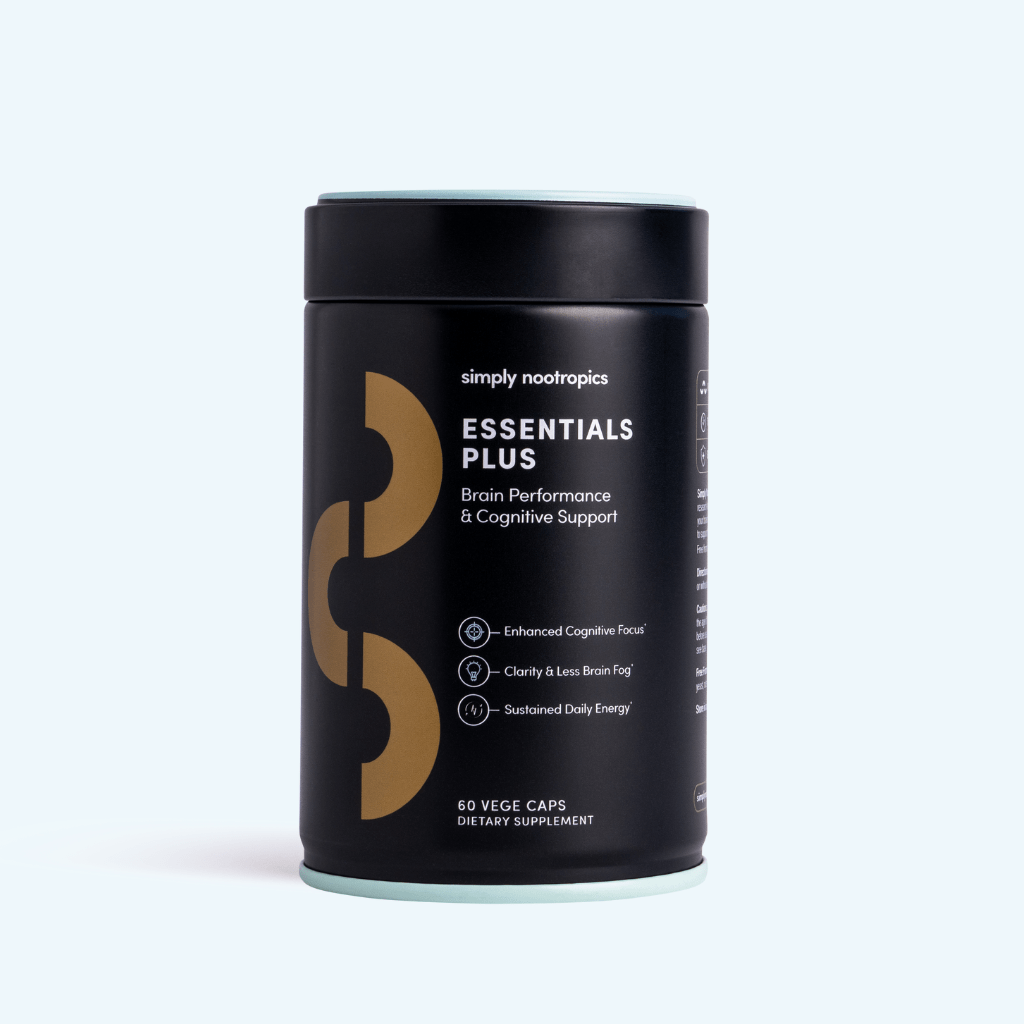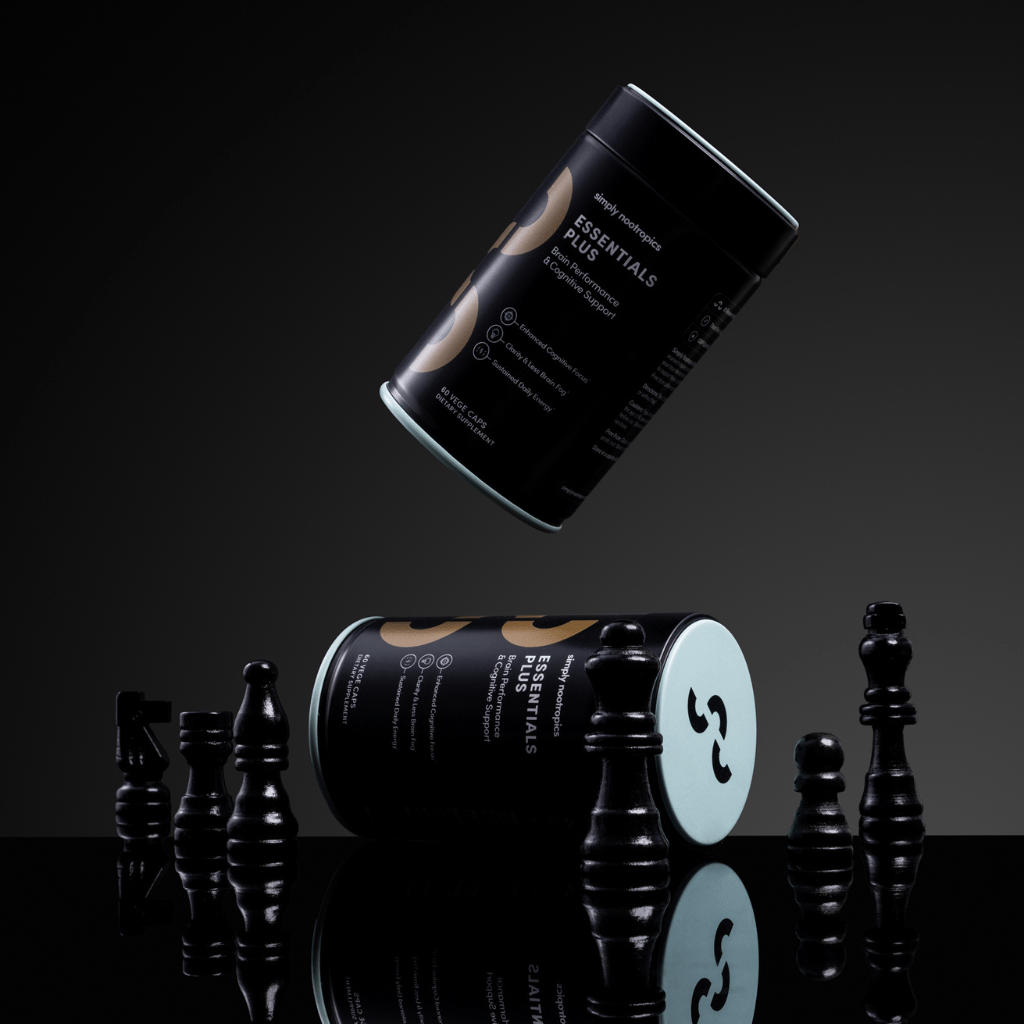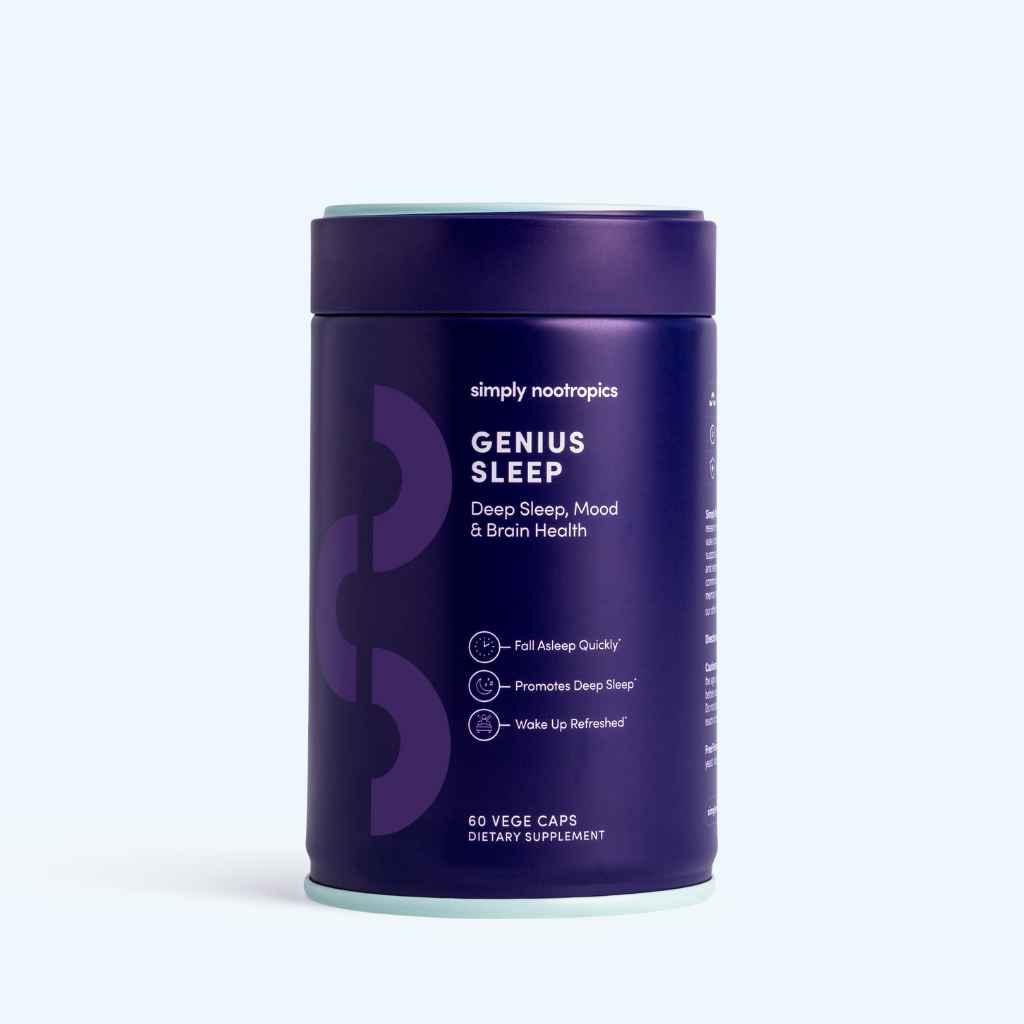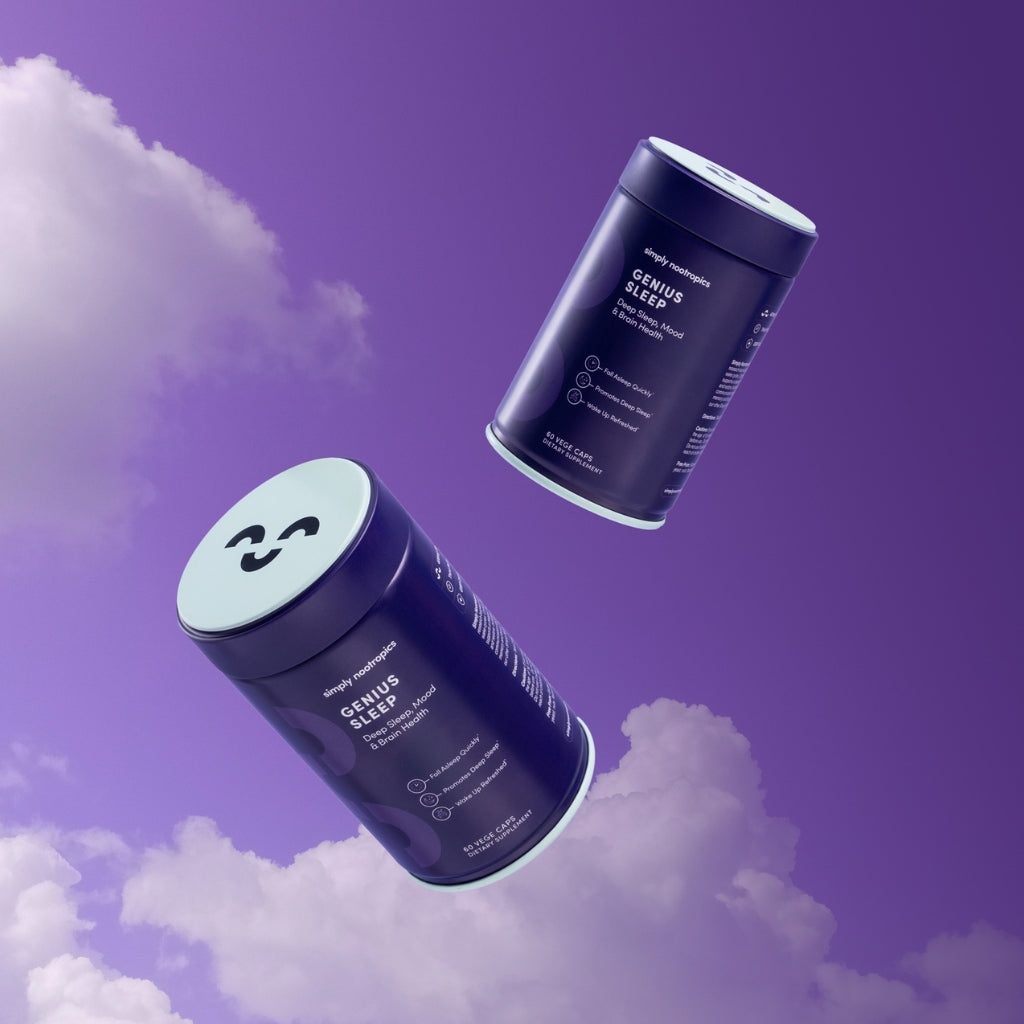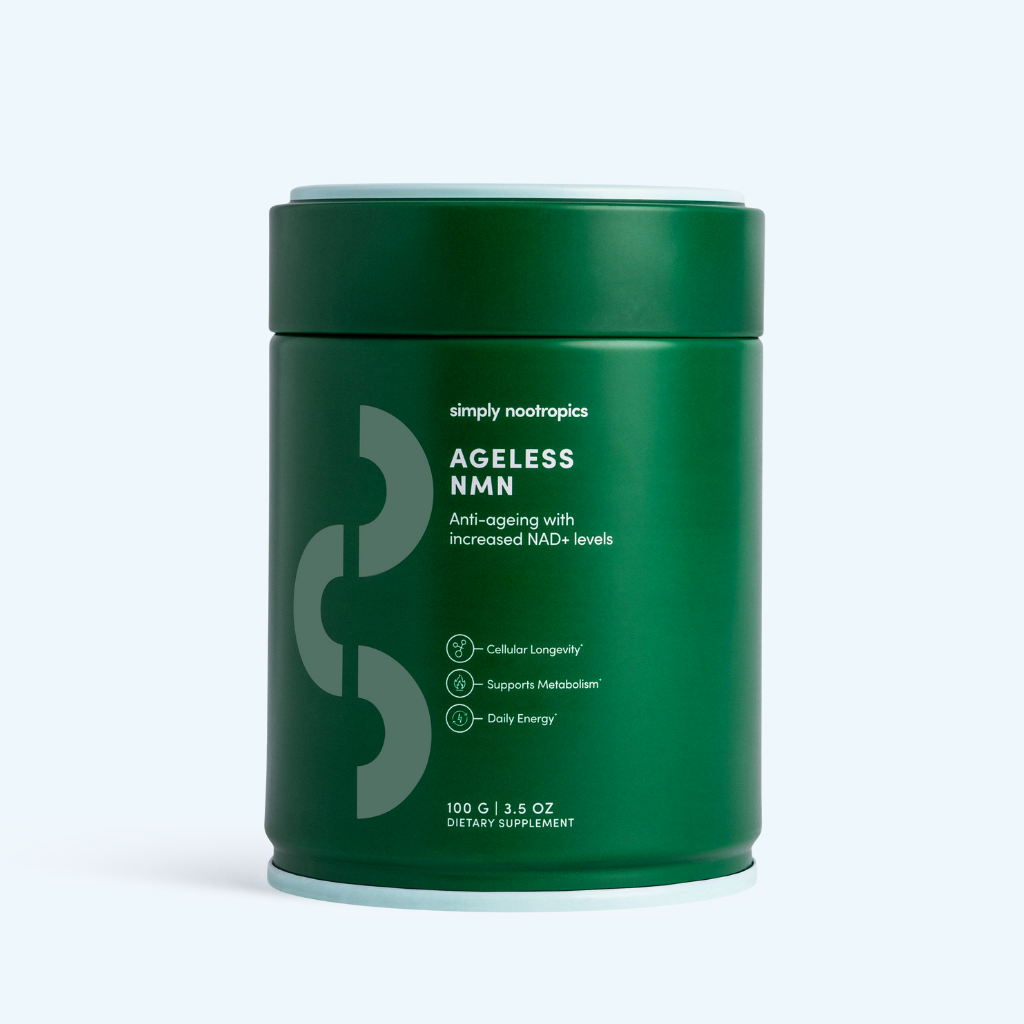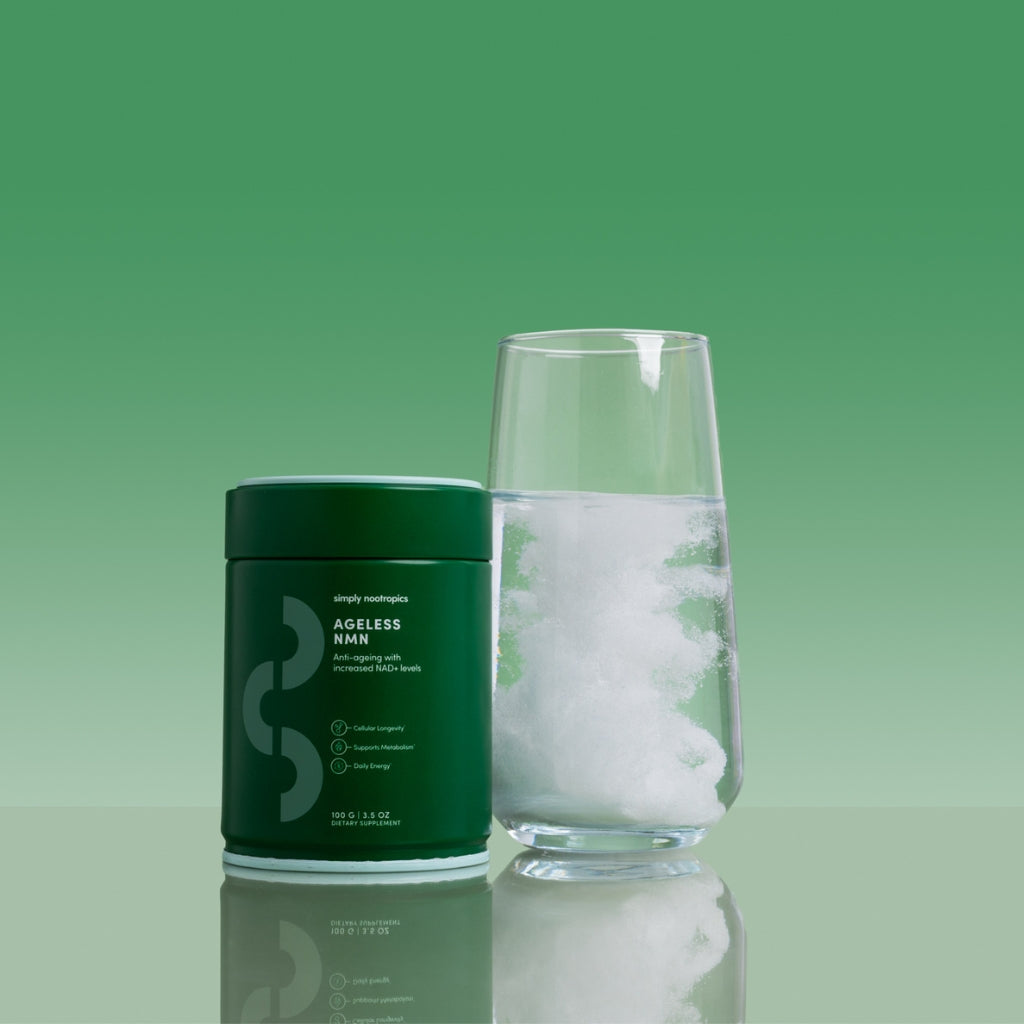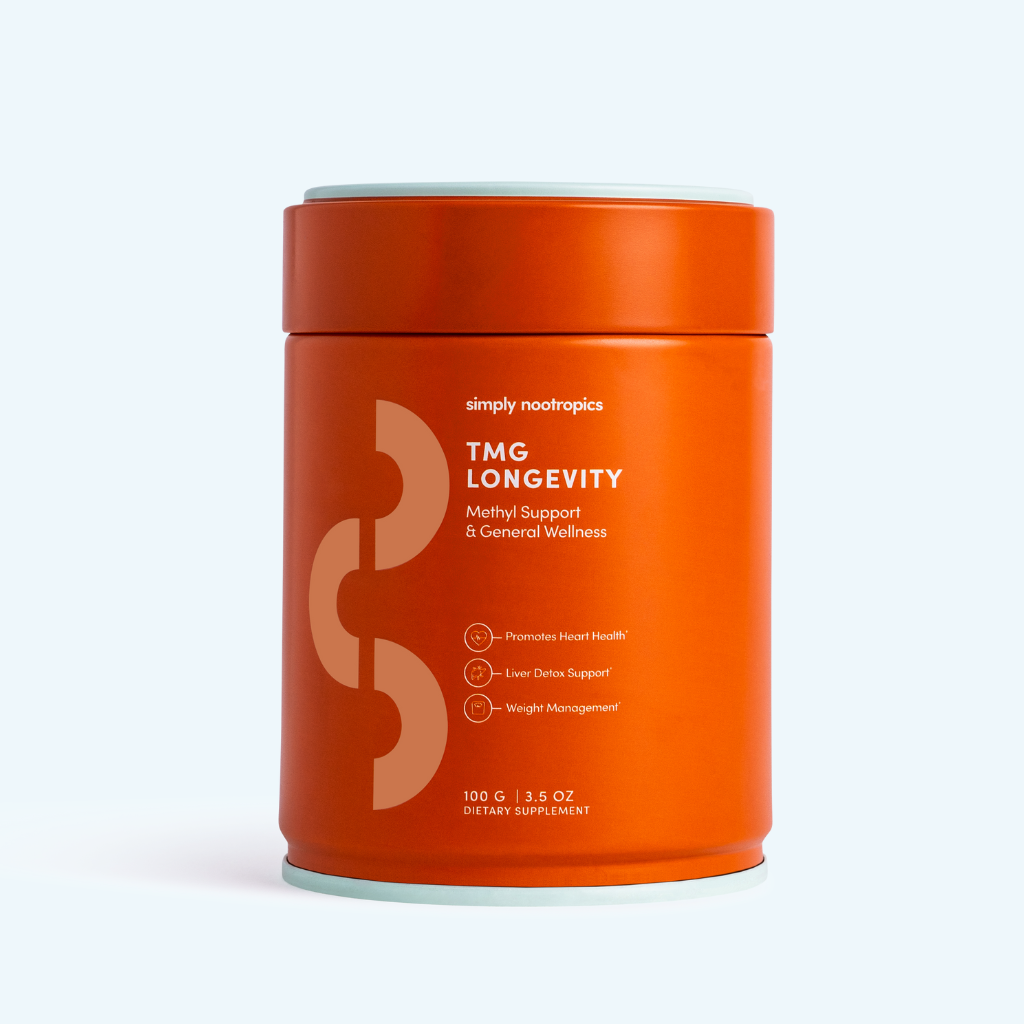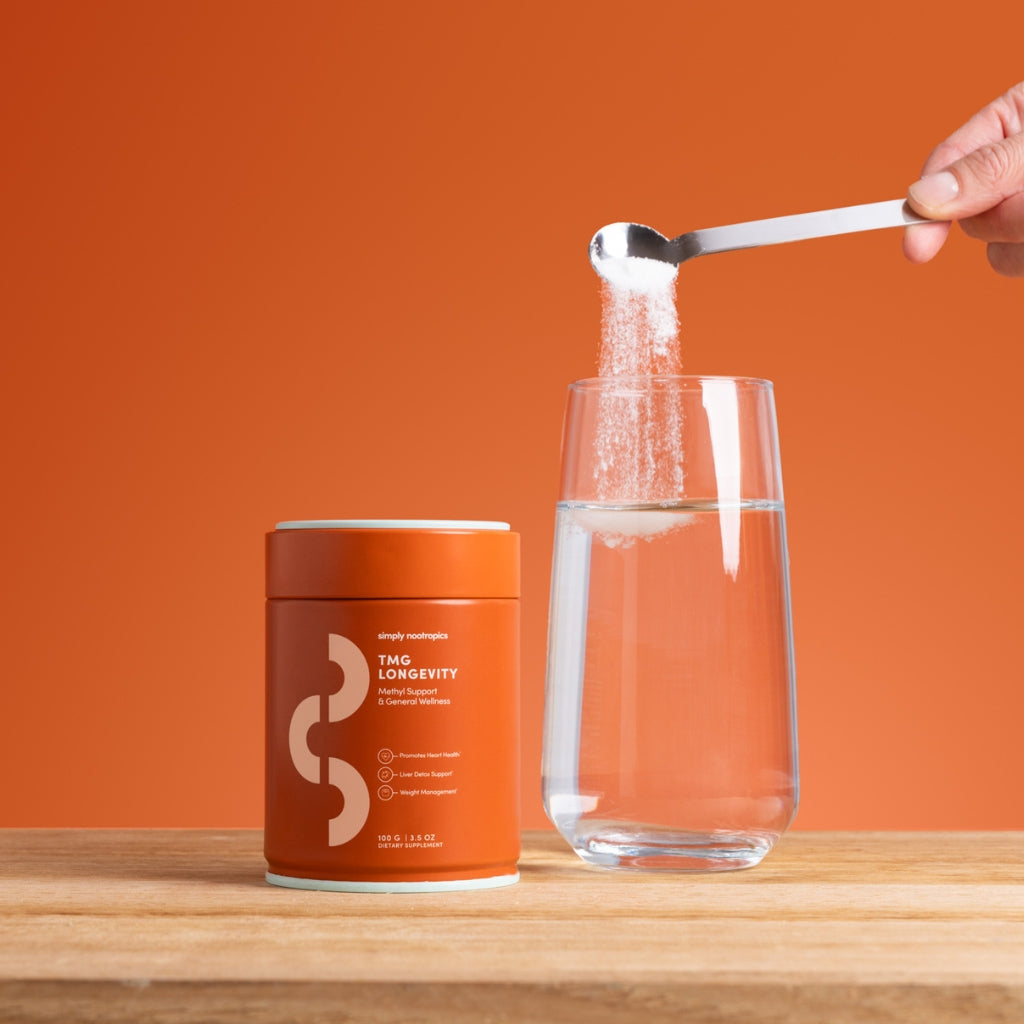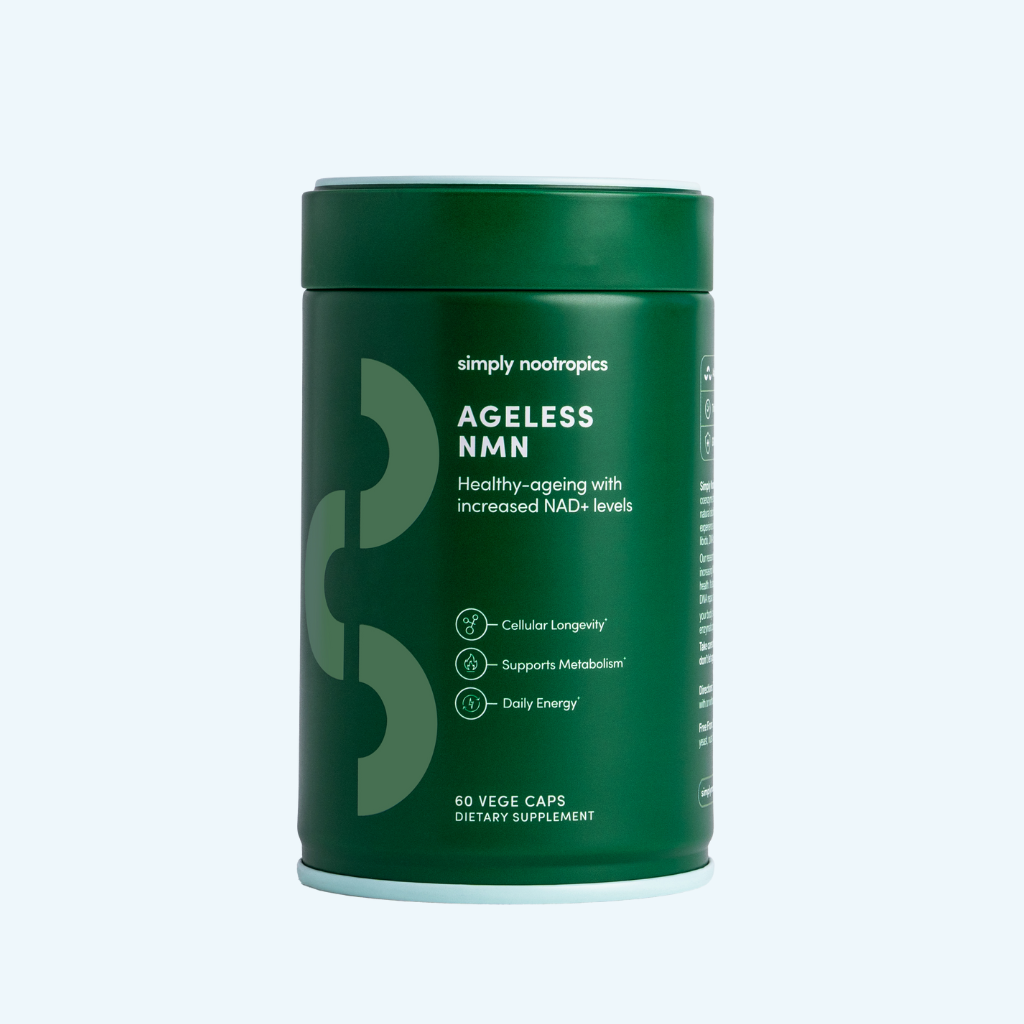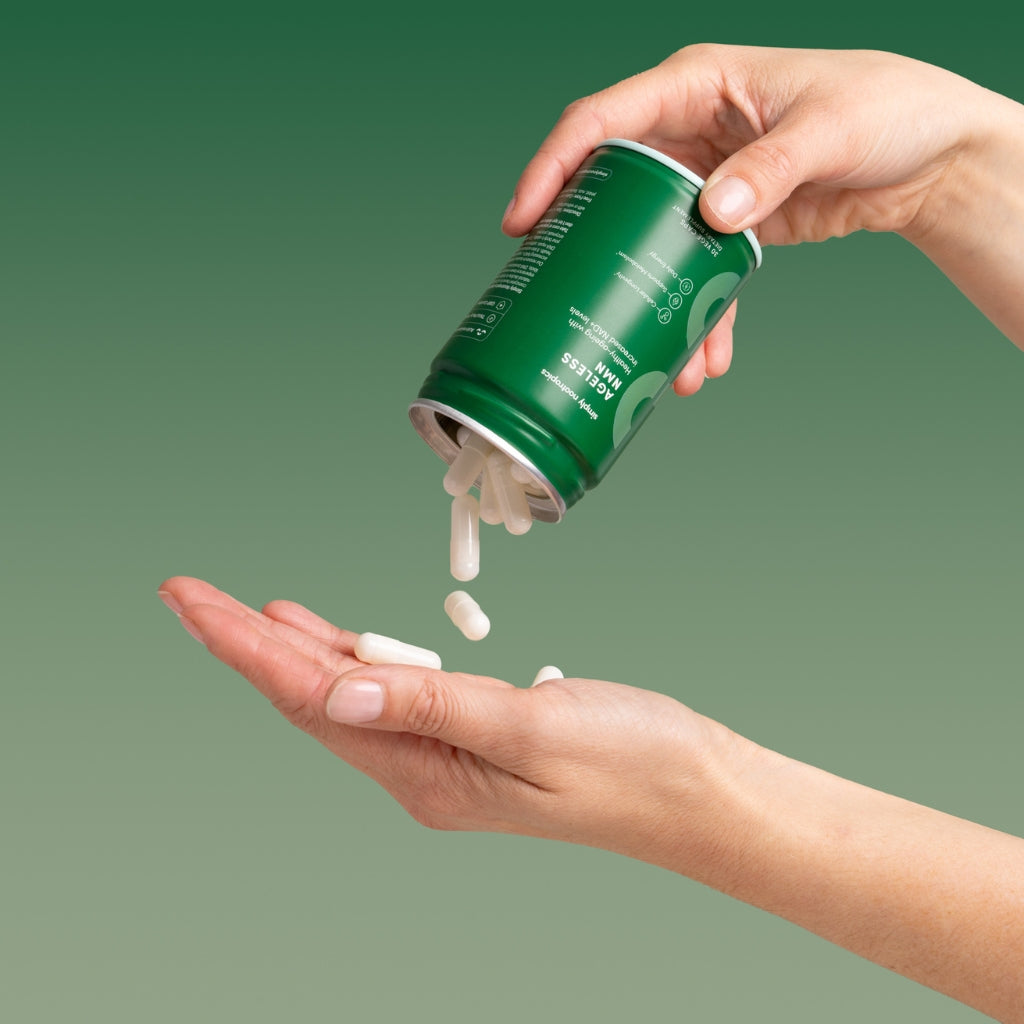For many women, the years leading up to and following menopause bring a wave of changes, some expected, others less talked about. While much of the focus tends to fall on hormones, sleep disturbances, or bone density, one underlying change often goes unnoticed: the sharp decline in collagen production.
Collagen is a structural protein that keeps connective tissues strong and resilient. It's the foundation of healthy skin, bones, joints, and blood vessels. And as oestrogen levels drop during menopause, so too does the body’s ability to maintain collagen levels.
This shift doesn't happen gradually. Research suggests that women can lose up to 30% of their skin’s collagen in the first five years after menopause. And that’s just the surface. The effects of collagen loss go far deeper, quite literally.
Why Collagen Loss Matters Beyond Skin Appearance
Most people associate top collagen with cosmetic benefits: smoother skin, fewer wrinkles, improved elasticity. While these are certainly noticeable signs of change, collagen’s influence extends far beyond the skin.
Here are some of the lesser-discussed but significant areas where the best collagen supports women's health:
-
Joints: Collagen is key for cartilage integrity. As levels drop, many women experience increased joint stiffness or discomfort.
-
Bones: Around one-third of bone mass is collagen. It provides the framework for mineralisation and flexibility. Without adequate collagen, bones become more brittle and prone to fractures.
-
Muscles: Collagen helps maintain muscle mass and strength, particularly important as sarcopenia (age-related muscle loss) accelerates post-menopause.
-
Blood vessels: Vascular tissues rely on collagen for structure and elasticity. Reduced collagen may contribute to the increased cardiovascular risk seen in postmenopausal women.
-
Pelvic floor and bladder: Collagen supports the ligaments and tissues involved in pelvic organ support, making its decline relevant for urinary incontinence and other pelvic issues.
-
Gut lining: Collagen supports the integrity of the gastrointestinal tract, which can influence digestion, immune function, and inflammation.
In other words, collagen isn’t just about looking younger, it’s about maintaining the structural resilience of the entire body.
The Oestrogen–Collagen Connection
Oestrogen helps regulate the activity of fibroblasts, the cells responsible for collagen production. As oestrogen levels fall, fibroblast activity slows down. The result is a marked decrease in both the quantity and quality of collagen fibres.
This hormonal influence explains why collagen loss accelerates so dramatically during the menopause transition. While collagen levels decline gradually from our mid-twenties, the drop becomes much more pronounced around the time of perimenopause and beyond.
The skin becomes thinner and less elastic, ligaments and joints may feel looser or more injury-prone. Wound healing slows, and even recovery from exercise can take longer.
What the Research Says About Collagen Supplementation
Top collagen supplements, typically in the form of hydrolysed collagen peptides, have become increasingly popular, so let’s see how the evidence supports their use during and after menopause.
Several studies suggest promising results:
-
Skin health: A number of randomised controlled trials show that daily collagen supplementation (usually 2.5–10g) improves skin elasticity, hydration, and density. One study found that after 12 weeks of supplementation, women aged 45–65 experienced improved skin texture and moisture retention.
-
Bone health: A 2019 study in postmenopausal women found that taking collagen peptides daily for twelve weeks helped improve bone mineral density compared to placebo, suggesting a potential protective effect when paired with other bone-supportive habits like weight-bearing exercise.
-
Joint comfort: Clinical trials on older adults (including postmenopausal women) indicate that collagen peptides can help reduce joint pain and stiffness, particularly in those with osteoarthritis or high activity levels.
-
Muscle maintenance: Some early evidence suggests that collagen supplementation may help preserve lean body mass and improve body composition in older women, especially when combined with resistance training.
While the best collagen supplements aren’t a replacement for broader lifestyle strategies, they may support a more proactive and integrative approach to healthy ageing.
When to Start Supplementing, and Why Sooner Might Be Better
One important consideration is that collagen degradation tends to outpace collagen production with age. Once a significant amount of collagen is lost, in skin, joints, or bone tissue, it’s difficult to rebuild.
That’s why prevention and maintenance are key. For women in their 40s, starting top collagen supplementation during perimenopause can be a strategic move. It helps slow the rate of loss and supports the body during a period of hormonal fluctuation and connective tissue vulnerability.
Even for those already postmenopausal, it’s not too late. Supporting collagen synthesis through supplements, diet, and lifestyle can still have benefits, particularly for skin appearance, joint comfort, and overall tissue resilience.
Nutrients That Support Collagen Production
Taking the best collagen peptides can be helpful, but it’s not the full picture. The body needs several cofactors to synthesise new collagen effectively. These include:
-
Vitamin C: Essential for the hydroxylation of proline and lysine, two amino acids required to stabilise the collagen triple helix.
-
Zinc: Involved in enzyme activity and cell proliferation, both important in collagen synthesis and repair.
-
Copper: Plays a role in the cross-linking of collagen and elastin, necessary for strong, elastic tissue.
-
Silica: Supports collagen production and is commonly found in plant-based “beauty” supplements.
-
Glycine and proline: Two of the primary amino acids in collagen—adequate protein intake helps ensure your body has enough raw material to work with.
A whole-foods-based diet that includes these nutrients, or a supplement that combines them with the best collagen peptides, can help maximise the benefits.
Adding Collagen to Menopause Care
Despite the growing evidence, collagen is still often missing from the standard menopause conversation. Doctors may recommend HRT, calcium, vitamin D, or exercise, but collagen rarely comes up as a frontline strategy.
That may begin to change as more women take control of their own ageing process. There’s a growing awareness that longevity isn’t just about managing symptoms, it’s about maintaining physical strength, mobility, and quality of life for as long as possible.
If you’re exploring options, Simply Nootropics Vital Beauty offers a research-informed collagen formula developed to support women’s health during and after menopause. In addition to bioavailable collagen peptides, it includes vitamin C to enhance collagen synthesis and help protect the skin against oxidative stress, two key concerns during this stage of life.
The formula also features hyaluronic acid for deep hydration and joint support, biotin and keratin to strengthen hair and skin structure, and nicotinamide riboside (NR) to boost NAD+ levels, supporting cellular energy, repair, and healthy ageing from within.
Together, these ingredients address not just the visible signs of collagen loss, but also the deeper structural and metabolic shifts that occur with declining oestrogen. For women navigating these changes, Vital Beauty is a well-rounded addition to a long-term health routine.



